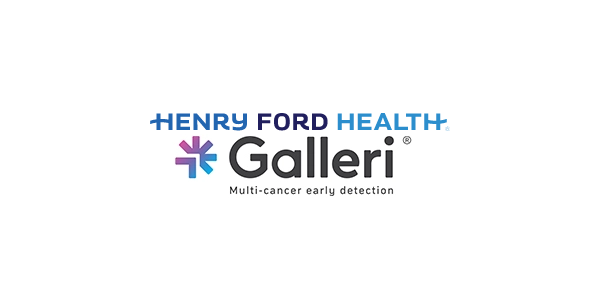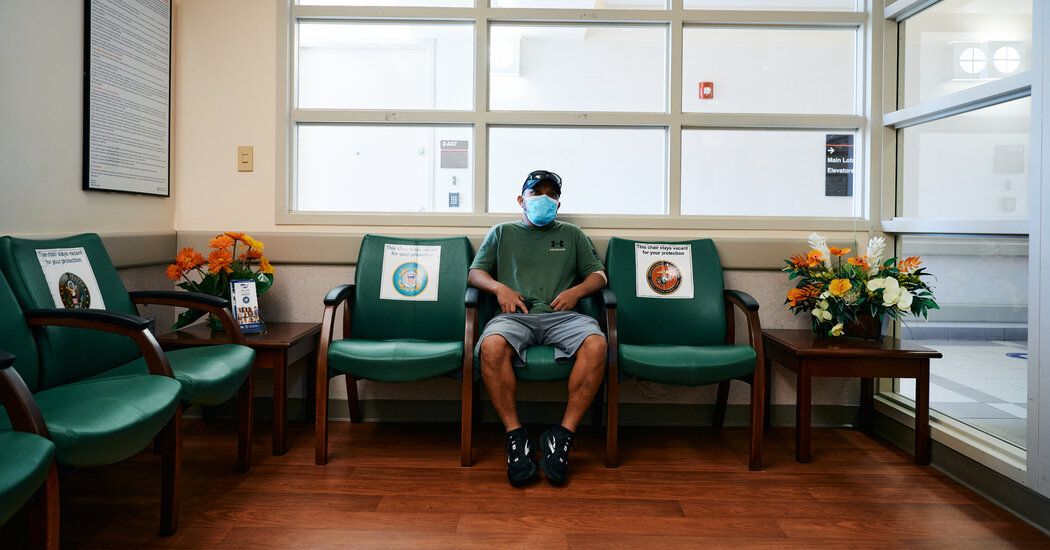[ad_1]
In a wave of anti-LGBTQ legislation, 19 U.S. states thus far have banned at least some gender-affirming health care for minors — care that is evidence-based and supported by the major medical and professional organizations. The state of Texas may soon add to that count, with legislators passing a bill last week that Governor Greg Abbott has promised to sign when it comes across his desk.
State bans on gender-affirming care tend to share similar directives and language, prohibiting clinicians from prescribing hormones or puberty blockers to those under 18. The proposed Texas ban also includes a requirement that garnered a mention in each piece of media coverage: Any young person who is already taking gender-affirming medication when the ban goes into effect “shall wean off the prescription drug over a period of time and in a manner that is safe and medically appropriate and that minimizes the risk of complications.”
But experts say that taking trans kids off drugs in a “safe and medically appropriate” way is impossible.
“There’s no appropriate way to do that because it’s medically necessary treatment,” said Alex Keuroghlian, an associate professor of psychiatry at Harvard Medical School and the director of education and training programs at The Fenway Institute, which focuses on LGBTQ health research and policy. “The premise is flawed.”
Five other states include a similar stipulation to “systemically reduce” gender-affirming care for patients already receiving it when the laws go into effect. But experts aren’t sure what that might look like in practice.
“In some ways, there is no such thing as weaning,” said Meredithe McNamara, an adolescent medicine physician and assistant professor at Yale School of Medicine.
Puberty blockers, which delay physical changes from puberty by telling the body not to make sex hormones, are not typically a medication that people gradually reduce their intake of. When a child takes them because they began puberty too early, in what’s known as precocious puberty, they simply stop receiving the medication when it’s time for their body to start that process again.
“These people have no idea what they’re legislating,” McNamara said. Last year, she and colleagues specializing in adolescent pediatrics and psychiatry co-authored a report on the biased science being used in early anti-trans measures in Texas and Alabama.
While the Texas ban recommends weaning as a method to avoid complications, there are no known complications from stopping gender-affirming medication all at once. The most serious consequences, for adolescents’ mental health and well-being, will occur no matter how slowly they stop taking the medication.
Experts worry that as the bans go into effect, the U.S. will see a a surge of mental health crises among trans youth. Trans youth are already much more likely to consider suicide than their cisgender peers. Gradually reducing the hormones that young people take may delay or stagger these crises, experts say, but won’t address the fundamental impact of denying them care.
“You can harm someone at whatever pace you want, but you’re still harming them,” Keuroghlian said.
Clinicians trying to provide care under these bans may still try to figure out a way to wean the dosage of these medications, with the goal of putting off unwanted physical changes for patients as long as possible while they try to arrange care in another state or via telehealth. But with no standard protocol on how to reduce the dosage, whether this tactic will work and how it will affect patients is unknown.
Some states have specific deadlines, months after a ban has gone into effect, by which patients will be required to have completely stopped taking medications. Experts say these deadlines are arbitrary.
“It feels like they’re asking us to experiment on our patients, which is funny because that’s the very thing they’re accusing us of,” McNamara said.
While there’s no institutional research on how to slowly withdraw necessary care, there may be some community knowledge on how to best lower medication dosage to reduce harm, particularly among clinicians who work with non-binary patients that have “a more nonlinear relationship with hormones,” said Diana Tordoff, a postdoctoral scholar at the PRIDE Study at Stanford University School of Medicine. “But again, the key difference there is what is patient-initiated and patient-desired.”
There isn’t yet research on how these bans are affecting trans youth or how clinicians may manage to wean care. And Tordoff isn’t necessarily interested in initiating that research herself.
“I have really stopped trying to do reactionary research where people who are not invested in the well-being of trans people are informing the research questions I’m asking,” Tordoff said.
She believes that it’s important to document the experiences of trans youth under these bans to honor them. At the same time, Tordoff said, “no research will come out of this that will advance our science meaningfully or add to what we already know about the benefits of being able to access gender-affirming care or the harms of not being able to access them.” Her own research has already found that delays in accessing this care result in poor mental health outcomes, including depression and suicidal thoughts.
McNamara likens the bans, many of which will go into effect this summer and later this year, to a tsunami that can be seen from a distance rushing toward the shore — with one key difference.
“Tsunamis aren’t stoppable,” she said, “but this is.”
If you or someone you know may be considering suicide, contact the 988 Suicide & Crisis Lifeline: call or text 988 or chat 988lifeline.org. For TTY users: Use your preferred relay service or dial 711 then 988.
Are you affected by bans on gender-affirming care?
[ad_2]
Source link


